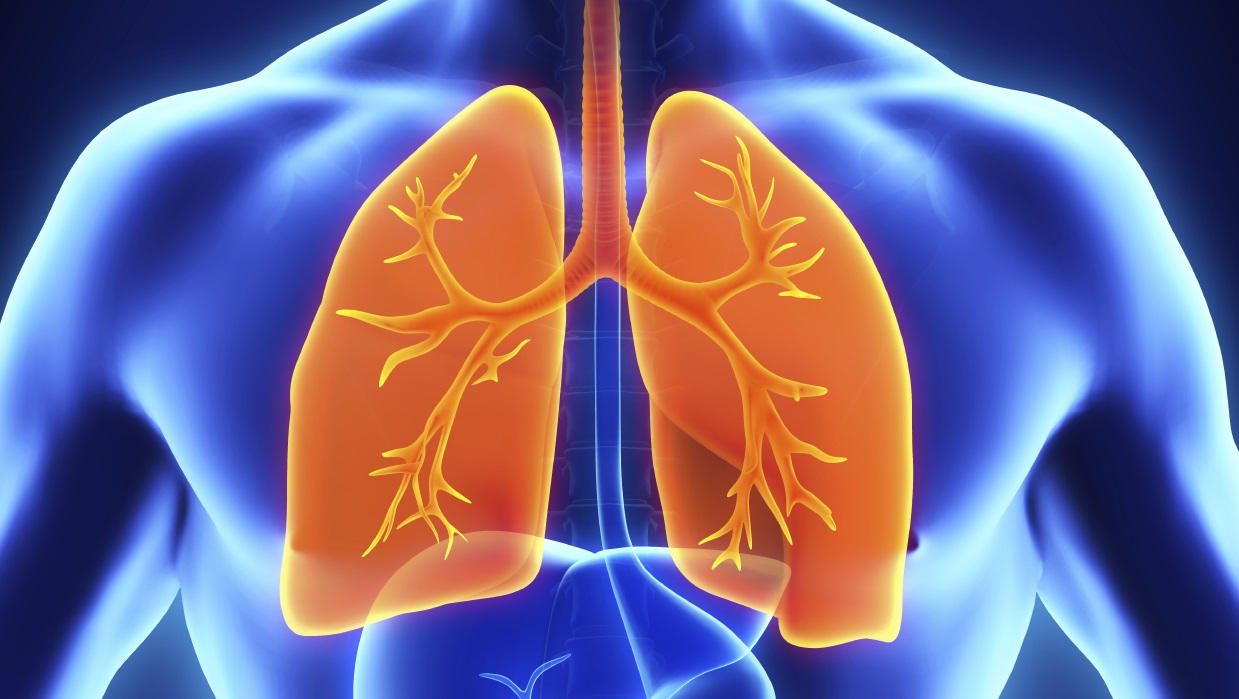NICE backs digital technologies for COPD rehab

More patients in England with chronic obstructive pulmonary disease (COPD) could soon be able to access rehabilitation programmes, after cost-effectiveness watchdog NICE backed NHS use of two digital services.
In new draft guidance, NICE’s medical technologies advisory committee has recommended my mhealth’s myCOPD and SPACE for COPD developed by the University Hospitals of Leicester NHS Trust – to deliver pulmonary rehabilitation for people with the disease.
Both digital technologies offer exercise programmes and education sessions to help people with COPD manage their own condition at home, and under the new guidance can be used in the NHS while more evidence is generated.
Five other digital technologies – Clinitouch, Kaia COPD, Rehab Guru, Wellinks and Active+me REMOTE – were unable to make the grade in this review as further research on their benefits is needed.
COPD has been diagnosed in around 1.17 million people in England, with another 2 million thought to be undiagnosed, and places a major burden on the NHS. It is a long-term, progressive and terminal respiratory condition that causes breathlessness, a persistent chesty cough, persistent wheezing and frequent chest infections.
According to NICE, exacerbations or ‘flare-ups’ caused by COPD – an acute worsening of symptoms – are the second most common cause of emergency hospital admissions, accounting for one in eight of all admissions across the UK.
Face-to-face rehab programmes can lead to significant improvements in symptoms and quality of life for COPD patients, but getting access to them can be challenging, particularly with the long waiting times for elective procedures in the NHS.
According to the NHS Long Term Plan, they are currently only offered to around 13% of eligible patients, with a focus on those with more severe COPD.
Digital rehab programmes could widen the availability of rehab, offering an option to “people who do not have a service where they live, do not wish to be seen in person, or would prefer not to be treated in person for convenience,” said NICE.
The committee said that they should not however replace face-to-face pulmonary rehab in the care pathway. The guidance also requires the teams behind the digital programmes to contact NICE annually to confirm that evidence is being generated and analysed as planned.
The guidance is the latest in a series generated by NICE covering the use of digital health technologies to relieve pressure on the NHS, with earlier recommendations covering digital weight-loss programmes and therapies for mental health issues and chronic back pain.













